25
May
2020
Share on networks
The Post-Covid-19 Real Estate Sector: The Ultimate Proptech Boost?
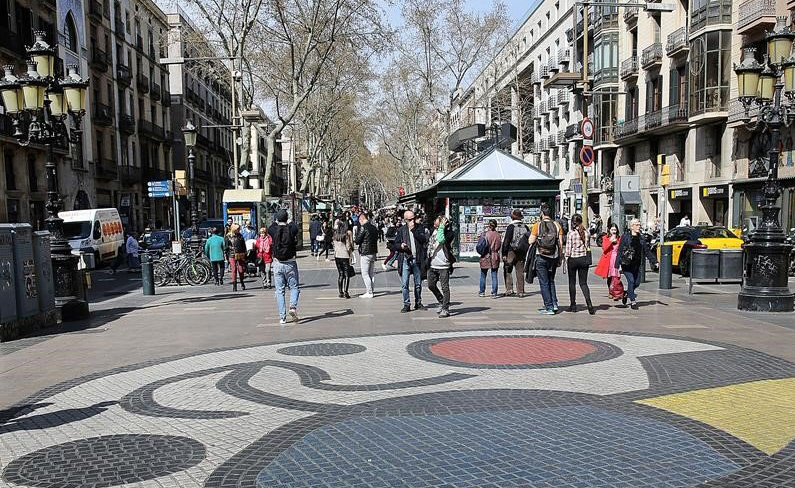
The future will be technological, or it will not be. This statement has never taken so much force. In eight weeks Covid-19 has changed virtually every industry in the world. But few sectors are being rearranged as quickly as real estate. Who does not think these days how important the concept of “home” really is, as a haven, as a school or as a makeshift work office? Without any doubt, we are rethinking the spaces in which we live and, more importantly, what we demand from these spaces from now on. Similarly, the office and other open areas as we know them may have disappeared, but there are useful solutions to short, medium and long-term post-Covid challenges. And as always, technology can help.
One of the few positive aspects of the new coronavirus pandemic is the drive for digitization. Although it has had to be done in a hurry and taking shortcuts, the measures of confinement and social distancing, necessary to stop the evolution of infections, have placed some of the existing technologies in an even more relevant position.
The Proptech ecosystem in Europe is made up of 2.899 startups, according to Proptech House’s Demystifying Proptech report. Each of these companies seeks to boost the real estate business through technological, innovative and efficient solutions to meet the needs of all market players. We speak both of professionals and service providers, as well as real estate agents or the users themselves, that is, any service related to Real Estate.
Proptech is defining the future of the real estate sector, especially in terms of marketing and user experience. Both Startups, Scale-Ups, and large companies in the sector are offering new services to optimize results through innovation and digital transformation. The need to adapt to the new reality announced has led real estate companies to invest in technology and digitization. We are facing a new paradigm according to which everything that can be done through technology will be done: more teleworking, more visits by clients by videoconference, visits to buildings with virtual reality, massive adoption of the digital signature, more investment in Big Data, electronic payments, crowdlending, real estate crowdfunding, and other options that may take longer to consolidate, such as artificial intelligence. But, in short, a commitment to innovation as a transforming element of the real estate sector.
The technological ecosystem of Barcelona has positioned itself as the fifth in Europe, as a driving force for talent, as a city that drives changes and technologies that should lead it to position itself as one of the world’s smart cities. Now is the time to gain momentum and face the challenges of the current blockade. The sector is aware and has already started to react. The Association of Real Estate Agents of Catalonia (AIC) and the College of Property Agents of Barcelona (COAPI) have presented the first edition of the Proptech Map that so far brings together a total of 151 companies that can help quickly transform companies in the sector.
Does the Covid-19 represent the ultimate Proptech boost? One of the inevitable consequences of the pandemic is that Real Estate will transform into something that was not before. It remains to be seen, but real estate companies, immersed in a sudden Darwinian process right now, need to gain flexibility, adaptability, and the ability to change to survive in the post-Covid era.
Related news
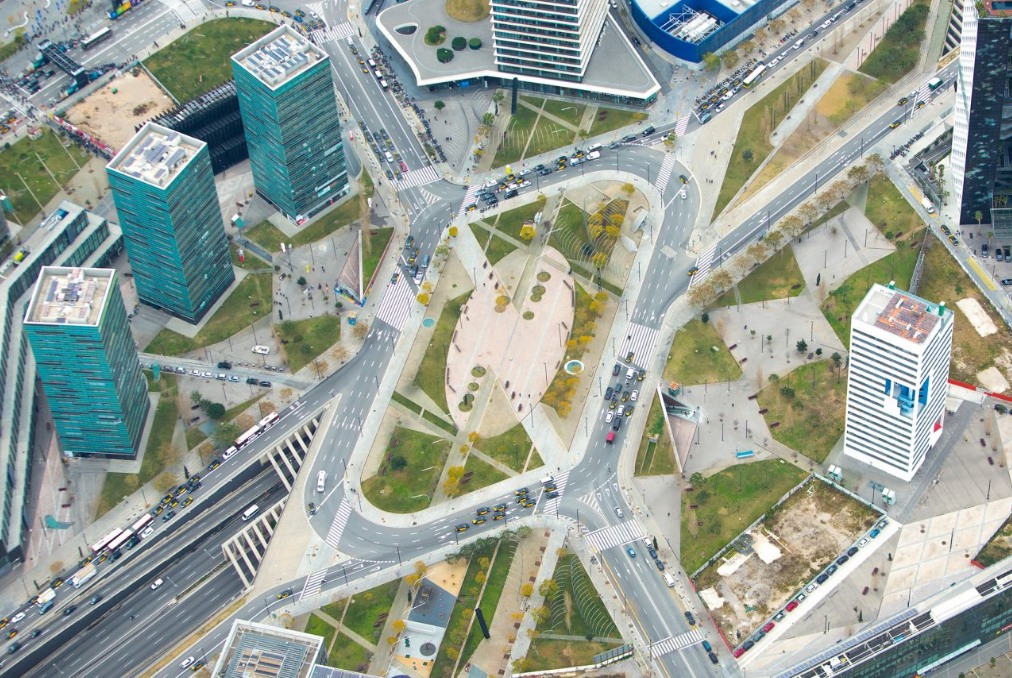
Green light for the Biopol PDU that will regenerate 96 hectares with an investment of 230 million
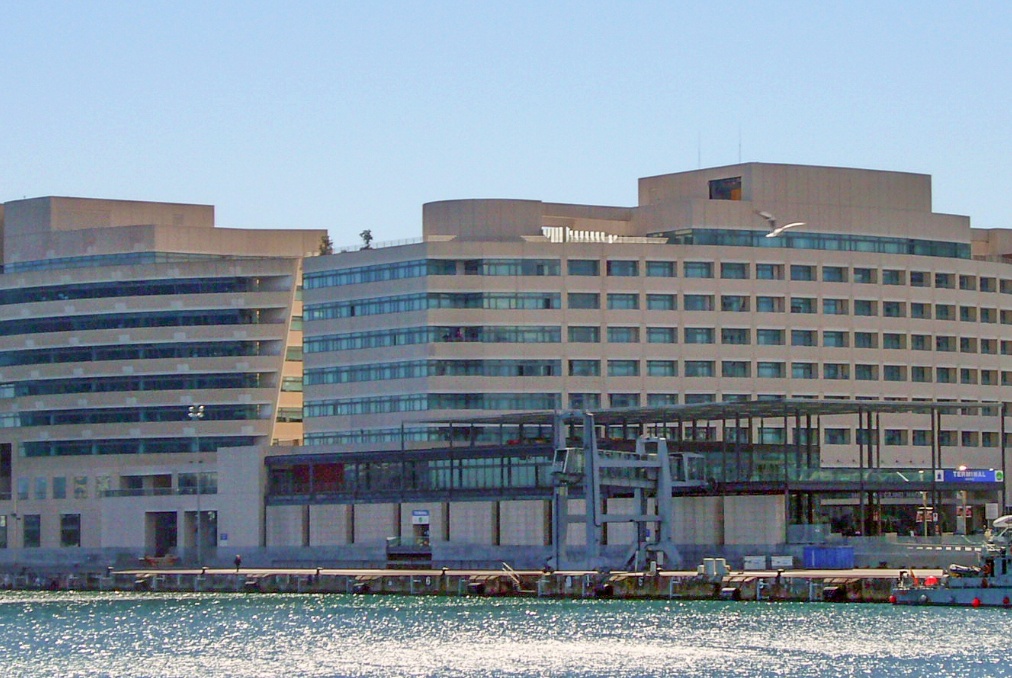
WTC Barcelona will renew the 48,000 m2 business centre in the port of Barcelona

Companies dedicated to AI in Catalonia will triple in 5 years


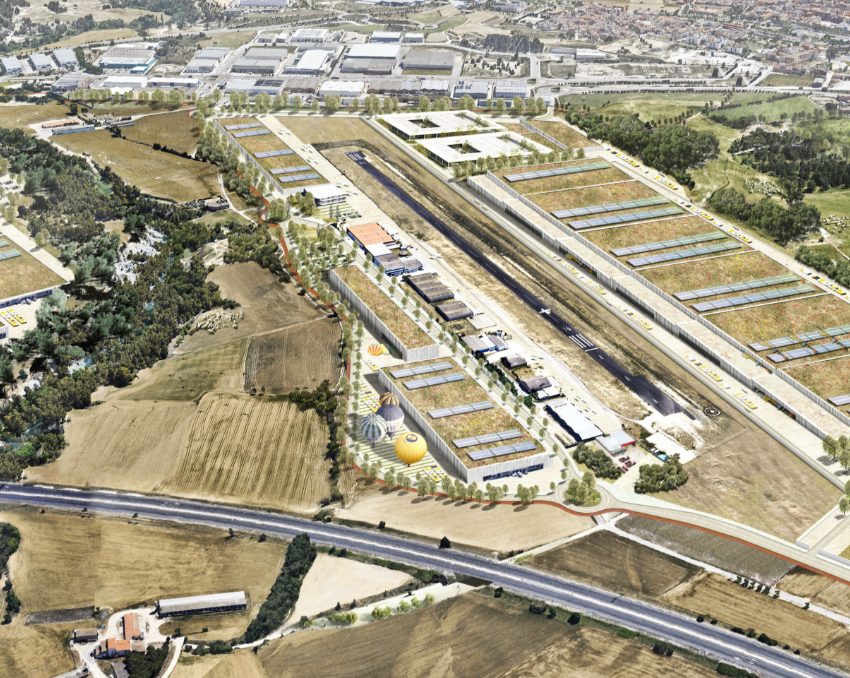

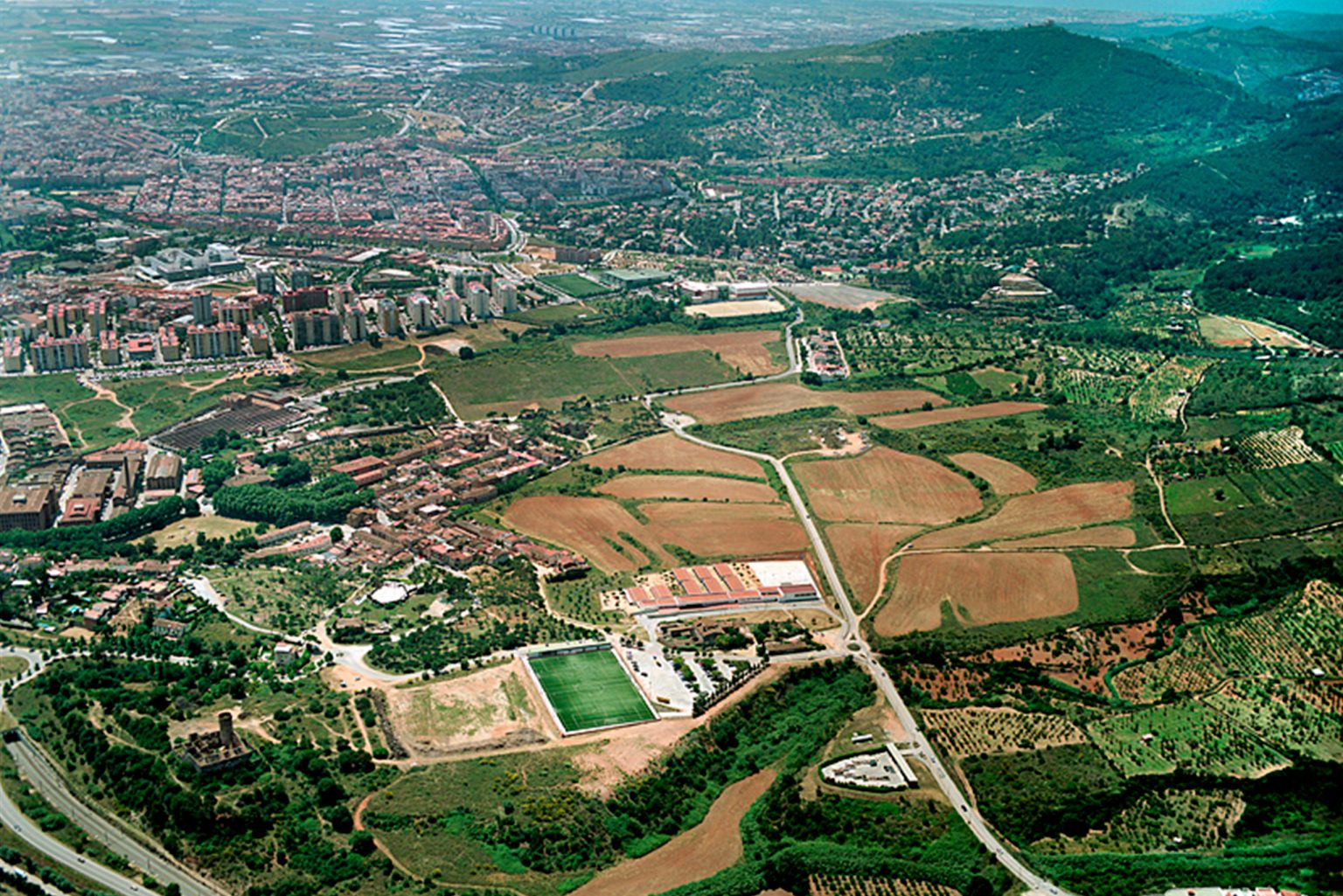

Subscribe our Newsletter
Subscribe
Follow us on social